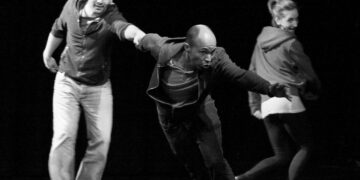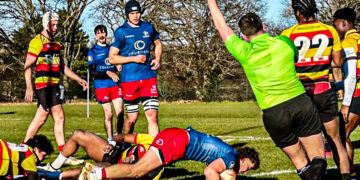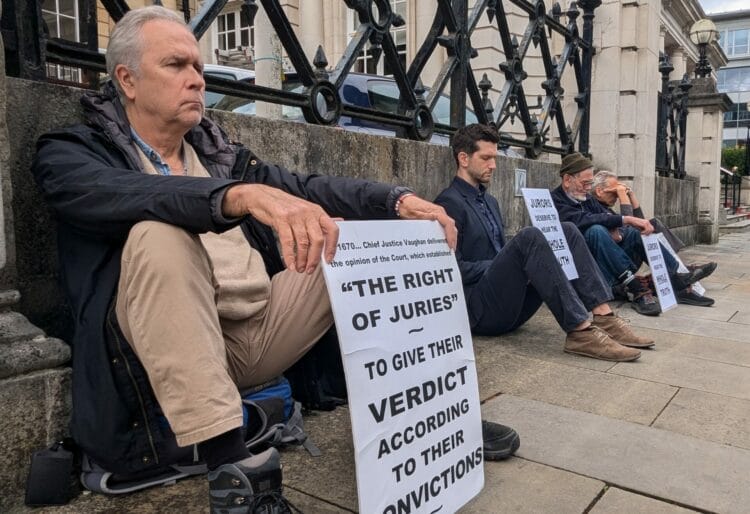PROTESTORS have once again staged action outside Reading Crown Court following further arrests of activists publicising the rights of jurors last week.
Members of Defend Our Juries took part in a silent protest on Monday, July 8, against concerns over inconsistency in crown court trials in what they call a “justice lottery.”
It comes as part of the group’s continued campaign against what it argues is the eroding of the right of jurors to acquit a defendant on matters of principle and the silencing of defenders in climate protest cases.
Protestors have held up signs depicting the inscription on a stone in the Old Bailey, which explains the principle of jury equity: the right of jurors to acquit a defendant despite the recommendations of a judge according to their own conscience.
Nullification is a way of declaring a defendant is not guilty, even if the law suggests they should be, and has been used to exonerate those exposing government dishonesty.
While it is not enshrined in law explicitly, it is the result of two other principles: that jurors cannot be punished for passing an ‘incorrect’ verdict, and that an acquitted defendant cannot be retried for the same offence.
The rulings also meant that some defendants were unable to give legal defences about their actions, including climate activists who were barred from explaining their actions to juries by describing climate change and fuel poverty.
The lady chief justice of England and Wales, Sue Carr, said that political or philosophical views were “too remote” to provide a lawful excuse defence.
The defence became a tool used by climate protestors in court as a result of other restrictions about what explanations they could give in court.
Defend Our Juries is also protesting these restrictions, which were seen in a string of cases involving Insulate Britain activists at the Inner London Crown Court.
Three of those accused, Giovanna Lewis, Amy Pritchard, and David Nixon, were sentenced to jail time early last year for addressing the jury to explain that climate change was a motivator of their actions.
Judge Silas Reid, who presided over the cases, argued that the point of the trials was not to decide whether the defendants’ actions were moral, only whether their peaceful protests had caused a nuisance or not; that motivation had no relevance to the case.
Then lest week police arrested a group of 11 people for holding signs outside Southwark Crown Court, as ordered by by Judge Hehir, who described them as “trouble-makers.”
However Defend Our Juries argues that Judge Hehir was “aware” of the dismissal of the contempt of court proceedings brought against Trudi Warner, also arrested for holding up protest signs outside the court.
Lucy, a spokesperson for Defend Our Juries in Reading, said: “What madness, in the face of local and global genocide and ecocide, that the judiciary makes a mockery of trial by jury by denying defendants the opportunity to give their motivation.
Juries will not hear the whole truth and cannot give an informed verdict.”
Helen, one of those taking party in the protest, said: “I’m here in solidarity with those who have been arrested, including those who were arrested last week for holding up signs saying the same thing.
“They are just stating the legal position on the issue, so I think it’s shocking that we’re wasting time and resources of prosecuting those people.
Helen explained: “You think you’re okay and that the issue has been decided by the High Court, but the decision is now being appealed.
“But hopefully that will be thrown out; it’s so dependent on the judge on the case.
“Many are very fair and let people say what they want to say, but it seems to be down to which judge you get.
“I’d like to see the new government prosecuting real climate criminals who are destroying our environment rather than those who are trying to raise the actual issue.”
























